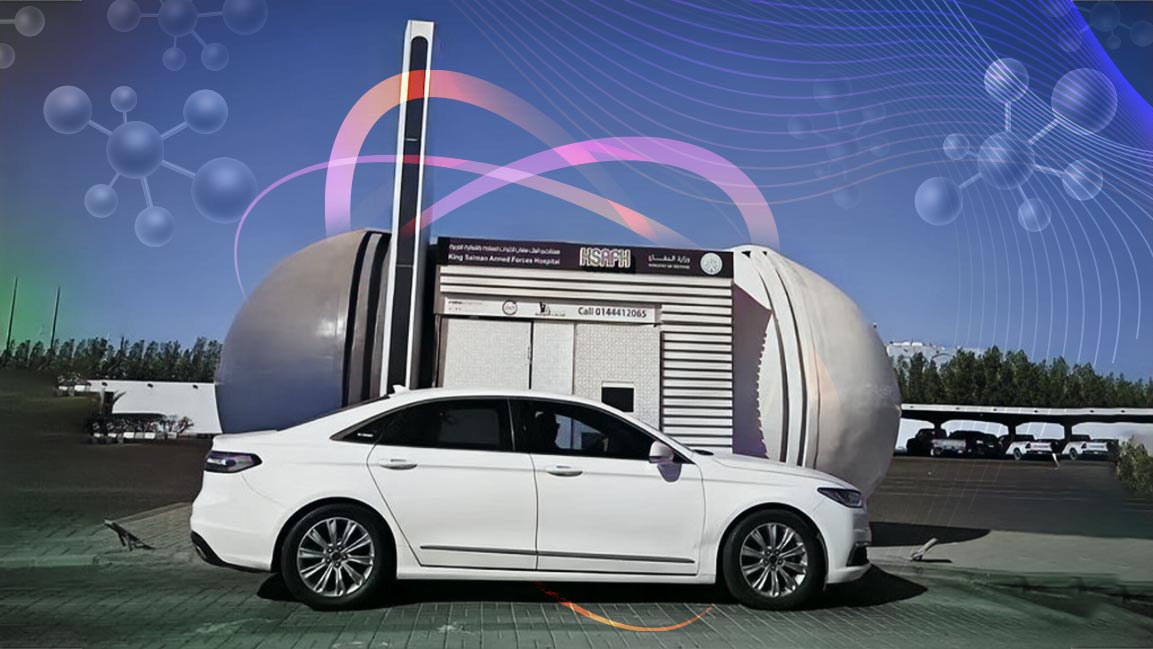- | 11:00 am
Saudi Arabia unveils drive-through automated medicine dispenser
The dispenser serves the beneficiaries around the clock with a storage capacity of 102-700 prescriptions.

Now accepting applications for Fast Company Middle East’s Most Innovative Companies. Click here to apply.
King Salman Armed Forces Hospital has unveiled a drive-through machine to dispense medicines electronically.
The machine installed in the northwest region of Saudi Arabia eliminates the need for beneficiaries to visit hospitals to collect their prescription medicines.
The device incorporates a workstation capable of reading prescription barcodes, an interactive screen for users, a robotic operating system, and a messaging platform that informs the beneficiary when their prescription is ready for collection.
The machine has a storage capacity of 102-700 prescriptions and can fill prescriptions containing multiple medications. The machine also ensures high protection for medicines from damage, tampering, or theft.
It also provides statistical data on the dispensed medications to the beneficiaries daily, monthly, or yearly.
Major Alyan Al Atwi, Director of the Pharmacy Department at King Salman Hospital, said the machine is the “first of its kind worldwide”.
Here, beneficiaries can request the service by scanning the prescription’s barcode, filling in essential details, and selecting the nearest ATM.
A pharmacist then verifies the prescription details through an electronic system. Upon approval and without discrepancies, the beneficiary receives a text message containing a unique code and the machine’s location, allowing them to retrieve their medication within 48 hours.
The system requires the beneficiary to input their civil record and the verification code sent to their mobile before dispensing the prescribed medication.
Al-Atawy also confirmed their plans to create another device within a month following the current experiment’s success.
































